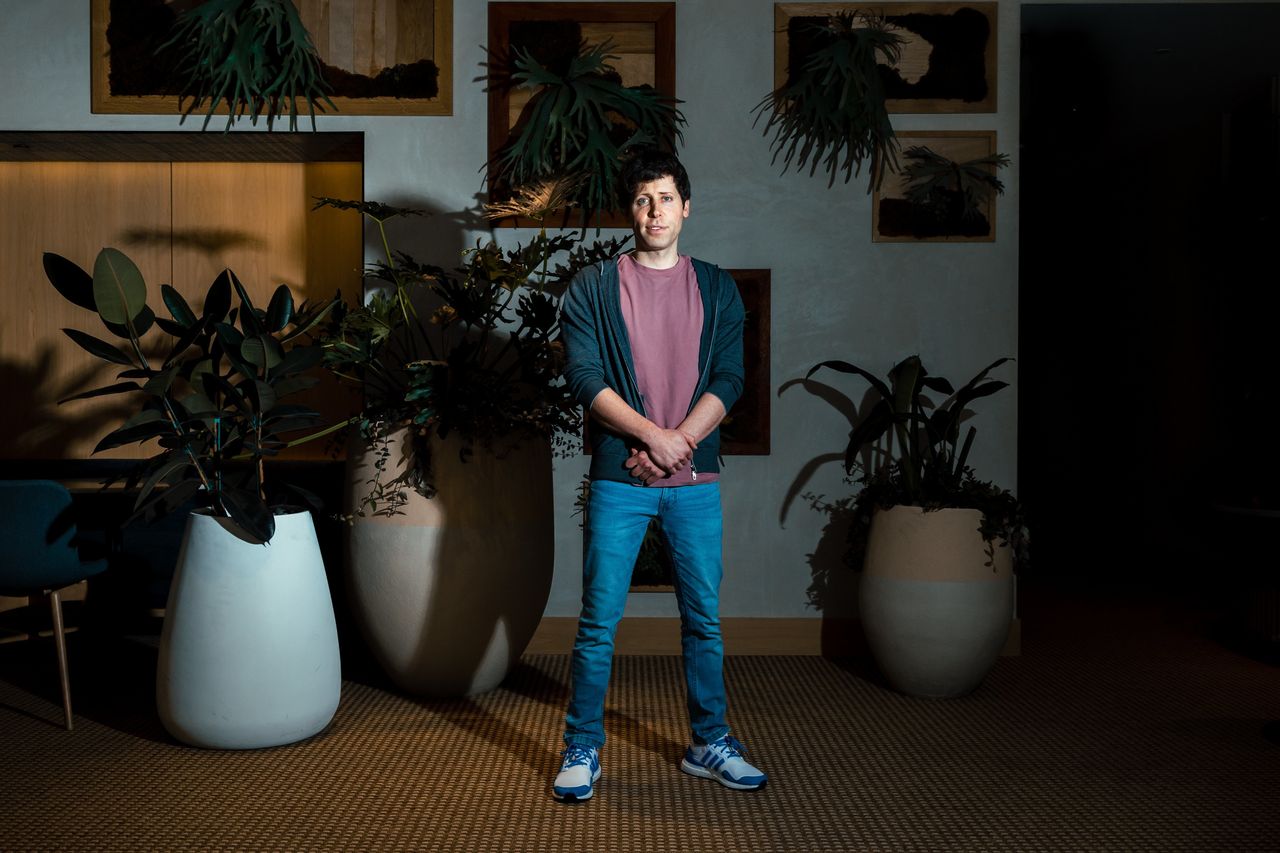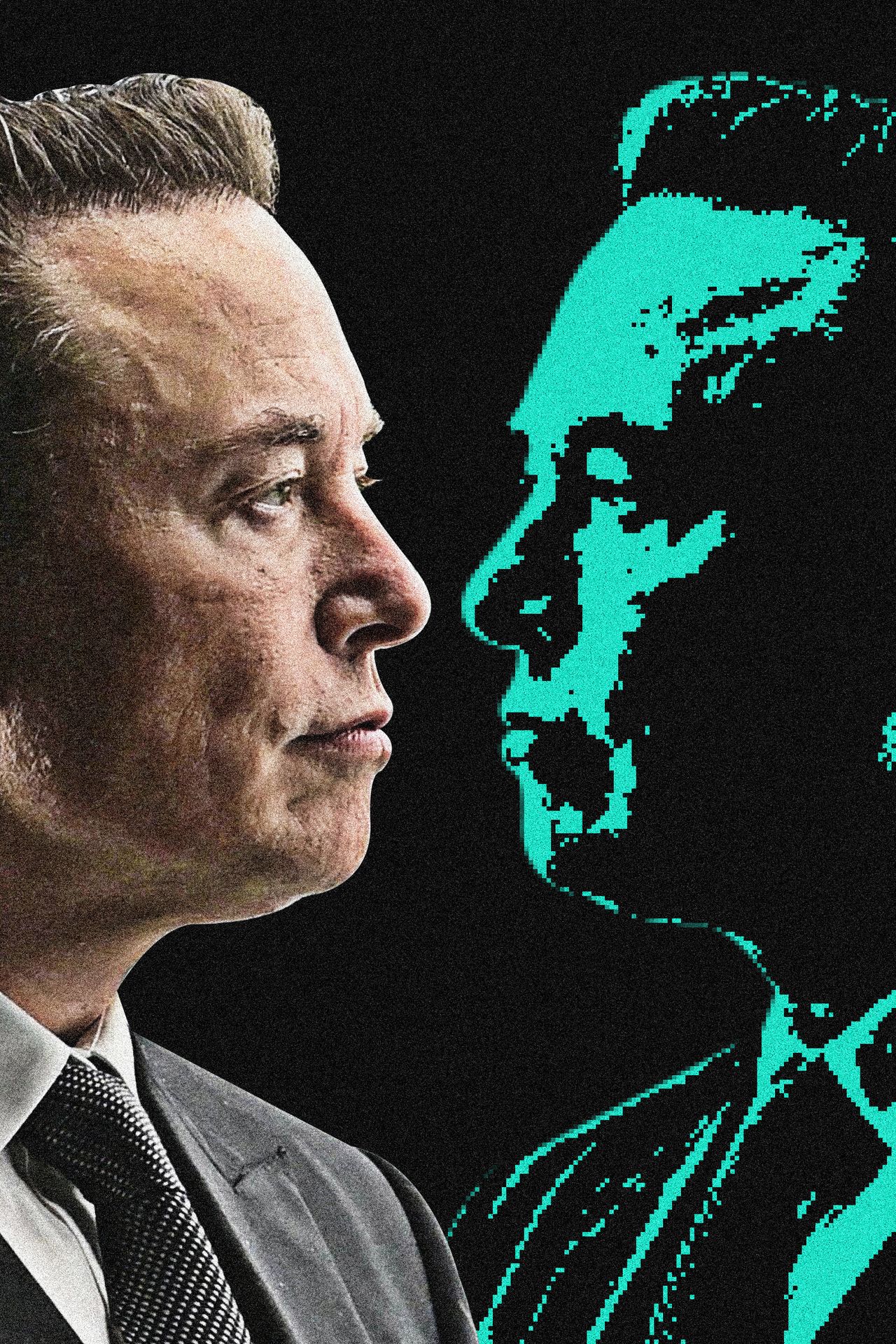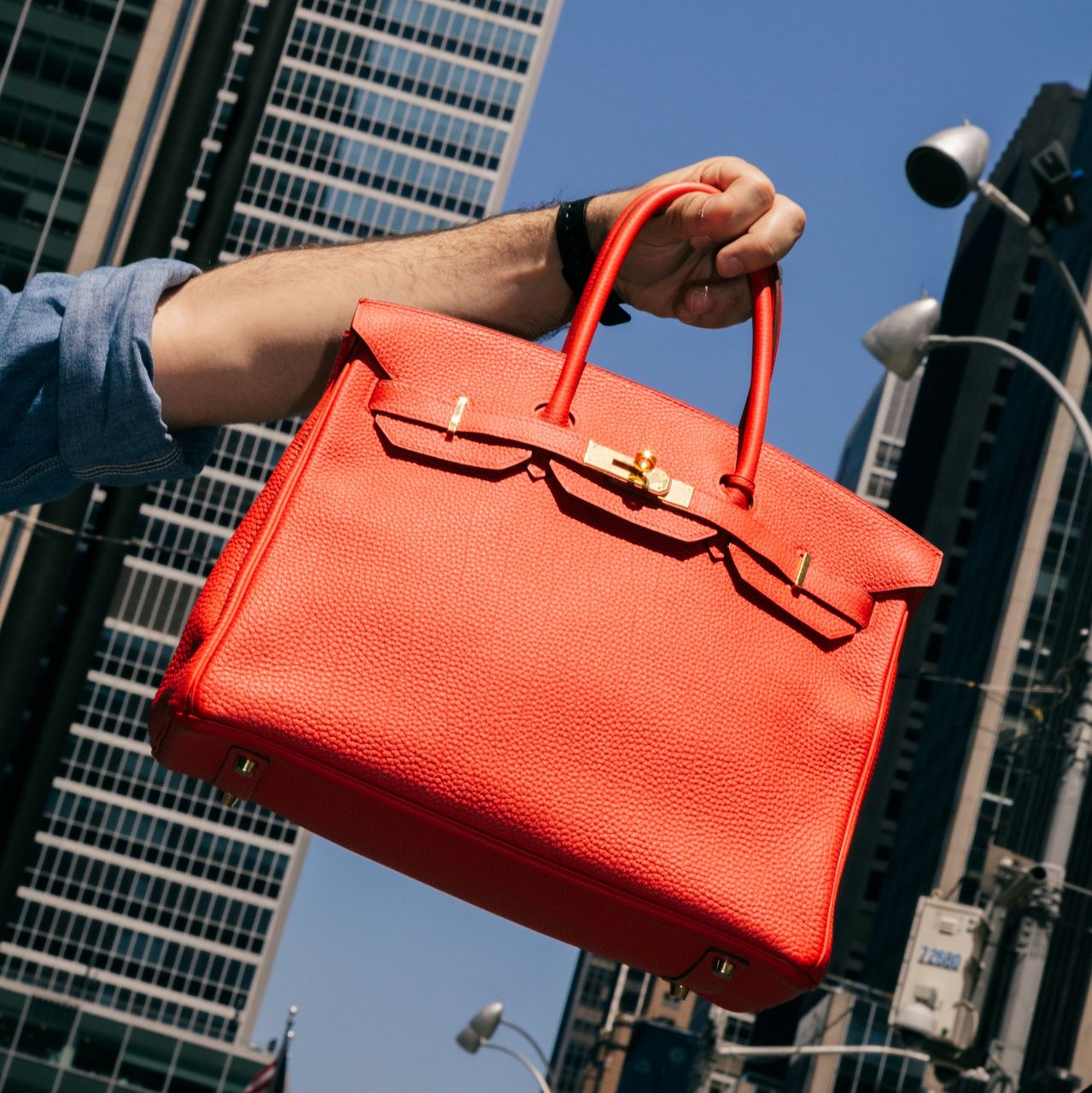Elon Musk Tries to Direct AI—Again
His latest startup follows a decade of being outmanoeuvred in his quest to steer the development of artificial intelligence
For at least a decade, Elon Musk has tried to steer the development of artificial intelligence—only to be outmanoeuvred by rivals and former allies.
He has now stepped up his efforts after the success of OpenAI, an organisation he co-founded but then left after a power struggle. Mr. Musk has warned for years that poorly built artificial intelligence could have catastrophic effects on humanity. Since OpenAI’s ChatGPT became a viral sensation last November, Mr. Musk has denounced it as politically correct and warned it could lead AI to become too powerful for humans to control.
He has called his new effort TruthGPT, and billed it as a truth-seeking artificial intelligence model that will one day comprehend the universe. On March 9, he incorporated a company called X.AI in Nevada, laying the formal groundwork.
So far, he has struggled to define a precise vision for his startup and is still in the process of assembling a team, said people familiar with the matter. Musk’s representatives have said X.AI intends to raise cash at some point from investors, the people said.
Mr. Musk didn’t respond to requests for comment.
Two weeks after incorporating X.AI, Mr. Musk signed an open letter calling for a six-month pause on the development of AI models stronger than the latest one released by OpenAI, called GPT-4. The letter was organised by the Future of Life Institute, which says its goal is to steer transformative technology away from extreme, large-scale risks. Its biggest funder is Mr. Musk.
Steven Weber, a professor at the University of California, Berkeley who met Mr. Musk several years ago at a gathering of A.I. academics in Northern California, sees a consistent thread through what appear to be opposing impulses.
“He holds both of these beliefs at once: that human beings can’t be relied on to really control technology, and technology is going to advance and it needs to advance subject to his vision, more than anybody else,” Mr. Weber said.
“AI stresses me out,” Mr. Musk said at the end of a March presentation given to Tesla Inc. investors. “It’s quite dangerous technology. I fear I may have done some things to accelerate it.”
For X.AI, he hired Igor Babuschkin, a senior scientist at DeepMind, an AI lab under Alphabet Inc.’s Google, to lead the effort, people familiar with the matter said. Mr. Musk also purchased powerful computer chips similar to ones used in the technology behind ChatGPT, one of the people said.
He is still trying to attract top talent from leading labs and universities, people familiar with the matter said. Some AI researchers said they have been turned off by Mr. Musk’s struggles to turn Twitter around since acquiring the social-media company in October, as well as his public attacks on OpenAI.
Mr. Musk’s faltering attempts to steer AI’s development date back more than a decade. He has previously said he made an early investment in DeepMind, founded in 2010, to monitor its AI research rather than make money.
In late 2013, he launched a last-minute bid to purchase DeepMind, the leading AI lab at the time, but lost out to Google, according to people familiar with the talks. Mr. Musk wanted to steer the lab’s research and told associates that Google’s then-Chief Executive Larry Page couldn’t be trusted to oversee the creation of advanced AI, according to people familiar with his thinking.
DeepMind has become a central element of Google’s efforts to infuse advanced AI into its search powerhouse, and recently merged with another AI unit called Brain to form Google DeepMind. In a recent interview with Tucker Carlson on Fox News, Mr. Musk said he and Mr. Page used to be close friends who spent nights discussing AI safety at Mr. Page’s home in Palo Alto, Calif.
Mr. Page wanted to create a “digital god” as soon as possible, Mr. Musk said, and in their conversations called Mr. Musk a “speciesist” for saying it was important that the technology protected humanity.
Mr. Page and representatives at Google didn’t respond to requests for comment.
Mr. Musk’s interest in buying DeepMind was informal and didn’t reach the DeepMind board, according to the people familiar with the talks. It hasn’t previously been reported.
Mr. Musk co-founded OpenAI two years later with Sam Altman, the current chief executive, and several others. The organisation was founded as a nonprofit and intended to serve as a counterweight to Google, with the goal of developing AI in a safer, more transparent way than large tech companies could.
Mr. Musk served as the financial linchpin for the project and promised to make sure that OpenAI fully received the $1 billion in funding promised by early backers, people involved with the effort said. He recruited employees and met regularly with company leaders to set the vision, they said.
Mr. Musk set an aggressive research timeline for OpenAI, warning that the company’s credibility would be compromised if it didn’t achieve a major breakthrough soon after its launch, according to former employees familiar with the remarks. He often conducted polls among employees to see when they thought so-called artificial general intelligence—in which machines are able to match or surpass the intelligence of humans—could be achieved, former employees said.
In September 2017, Mr. Musk told his brother, Kimball Musk, and a longtime financial backer that he saw OpenAI and Neuralink, a startup he founded to link humans with computers through brain implants, as worthy of more of his time, according to recently released court documents related to a lawsuit against Tesla over Mr. Musk’s compensation.
“OpenAI and Neuralink are both critical to a good future for humanity. My instincts tell me that I should be devoting a much higher percentage of time to them,” Mr. Musk texted them, according to the documents. OpenAI and Neuralink at one point shared an office in San Francisco.
Mr. Musk grew frustrated with what he saw as OpenAI’s slow progress and pushed for more control of the company, The Wall Street Journal previously reported. At the time, OpenAI didn’t have a chief executive or a formal management structure.
Mr. Musk clashed with Mr. Altman, who wanted to create a for-profit arm that would allow OpenAI to raise cash from investors, people familiar with the matter said.
Mr. Musk subsequently left. Mr. Altman, who has said he considers Mr. Musk a mentor, became CEO in 2019, created a for-profit entity and raised $1 billion from Microsoft Corp.

Mr. Musk tweeted in March that he had donated around $100 million to OpenAI, though people familiar with the figure said he contributed less than $50 million.
Mr. Musk focused his AI efforts at Tesla, where he made progress in using the technology to enhance its driver-assistance systems. He said the EV maker would start introducing a fleet of robotaxis by 2020, and showcased a humanoid robot he said would feature safeguards to prevent wrongdoing by the machine.
Regulators are scrutinising Tesla’s driver-assistance software for safety problems. The company has yet to roll out robotaxis, which rely on the kind of driverless technology that Google sister company Waymo and General Motors Co.’s Cruise LCC have begun to deploy.
Mr. Musk grew more publicly critical of OpenAI after the company released ChatGPT last fall, accusing the company of being a “maximum-profit company” controlled by Microsoft. “Not what I intended at all,” he tweeted.
In a March 28 interview with the Journal, Mr. Altman said OpenAI took its safety obligations seriously.
“We spent more than six months after we finished GPT-4 to safety test, to align it, to really probe its capabilities, at a time when I believe some of the [Future of Life Institute] letter signatories were even, you know, pushing us to release it faster,” Mr. Altman said. He declined to specify which signatories he meant but said seeing those names prompted “some eye rolls.”
In early 2023, Mr. Musk texted Mr. Altman that he was starting a rival AI effort, according to people familiar with the exchange. Mr. Altman wished him well but said he didn’t understand how a new lab would allay Mr. Musk’s concerns about AI development, they said.
One OpenAI board member, Shivon Zilis, stepped down in part due to a conflict of interest with Mr. Musk’s new AI efforts, said people familiar with the matter. Ms. Zilis is also an executive at Mr. Musk’s Neuralink and had twins with Mr. Musk in 2021. Ms. Zilis didn’t respond to a request for comment.
After ChatGPT’s release, Mr. Musk said on Twitter that he cut off OpenAI from access to a pipeline of Twitter data, which OpenAI could potentially use for training the AI models powering ChatGPT. “I just learned that OpenAI had access to Twitter database for training,” Mr. Musk tweeted in early December. “I put that on pause for now.” People familiar with OpenAI say the company didn’t use this Twitter data to train its models.
A few days later, Mr. Musk visited OpenAI’s San Francisco headquarters at Mr. Altman’s invitation and the two had what turned into a lengthy discussion about the Twitter decision, among other topics, according to current and former OpenAI employees.
At one point, an OpenAI researcher showed Mr. Musk how Twitter could potentially use ChatGPT. Mr. Musk brought one of his toddlers and a nanny, some of the people said, and he and the nanny took turns bouncing the child on their laps when the child grew fussy.
He struck a benign tone with employees, who found him wandering around the kitchen and hallways with his security detail, the employees said.
In one conversation, Mr. Musk entertained the idea that the universe was a computer simulation, they said. Soon after, he left the building.
 Copyright 2020, Dow Jones & Company, Inc. All Rights Reserved Worldwide. LEARN MORE
Copyright 2020, Dow Jones & Company, Inc. All Rights Reserved Worldwide. LEARN MORE
This stylish family home combines a classic palette and finishes with a flexible floorplan
Just 55 minutes from Sydney, make this your creative getaway located in the majestic Hawkesbury region.
As Paris makes its final preparations for the Olympic games, its residents are busy with their own—packing their suitcases, confirming their reservations, and getting out of town.
Worried about the hordes of crowds and overall chaos the Olympics could bring, Parisians are fleeing the city in droves and inundating resort cities around the country. Hotels and holiday rentals in some of France’s most popular vacation destinations—from the French Riviera in the south to the beaches of Normandy in the north—say they are expecting massive crowds this year in advance of the Olympics. The games will run from July 26-Aug. 1.
“It’s already a major holiday season for us, and beyond that, we have the Olympics,” says Stéphane Personeni, general manager of the Lily of the Valley hotel in Saint Tropez. “People began booking early this year.”
Personeni’s hotel typically has no issues filling its rooms each summer—by May of each year, the luxury hotel typically finds itself completely booked out for the months of July and August. But this year, the 53-room hotel began filling up for summer reservations in February.
“We told our regular guests that everything—hotels, apartments, villas—are going to be hard to find this summer,” Personeni says. His neighbours around Saint Tropez say they’re similarly booked up.
As of March, the online marketplace Gens de Confiance (“Trusted People”), saw a 50% increase in reservations from Parisians seeking vacation rentals outside the capital during the Olympics.
Already, August is a popular vacation time for the French. With a minimum of five weeks of vacation mandated by law, many decide to take the entire month off, renting out villas in beachside destinations for longer periods.
But beyond the typical August travel, the Olympics are having a real impact, says Bertille Marchal, a spokesperson for Gens de Confiance.
“We’ve seen nearly three times more reservations for the dates of the Olympics than the following two weeks,” Marchal says. “The increase is definitely linked to the Olympic Games.”

Getty Images
According to the site, the most sought-out vacation destinations are Morbihan and Loire-Atlantique, a seaside region in the northwest; le Var, a coastal area within the southeast of France along the Côte d’Azur; and the island of Corsica in the Mediterranean.
Meanwhile, the Olympics haven’t necessarily been a boon to foreign tourism in the country. Many tourists who might have otherwise come to France are avoiding it this year in favour of other European capitals. In Paris, demand for stays at high-end hotels has collapsed, with bookings down 50% in July compared to last year, according to UMIH Prestige, which represents hotels charging at least €800 ($865) a night for rooms.
Earlier this year, high-end restaurants and concierges said the Olympics might even be an opportunity to score a hard-get-seat at the city’s fine dining.
In the Occitanie region in southwest France, the overall number of reservations this summer hasn’t changed much from last year, says Vincent Gare, president of the regional tourism committee there.
“But looking further at the numbers, we do see an increase in the clientele coming from the Paris region,” Gare told Le Figaro, noting that the increase in reservations has fallen directly on the dates of the Olympic games.
Michel Barré, a retiree living in Paris’s Le Marais neighbourhood, is one of those opting for the beach rather than the opening ceremony. In January, he booked a stay in Normandy for two weeks.
“Even though it’s a major European capital, Paris is still a small city—it’s a massive effort to host all of these events,” Barré says. “The Olympics are going to be a mess.”
More than anything, he just wants some calm after an event-filled summer in Paris, which just before the Olympics experienced the drama of a snap election called by Macron.
“It’s been a hectic summer here,” he says.

AFP via Getty Images
Parisians—Barré included—feel that the city, by over-catering to its tourists, is driving out many residents.
Parts of the Seine—usually one of the most popular summertime hangout spots —have been closed off for weeks as the city installs bleachers and Olympics signage. In certain neighbourhoods, residents will need to scan a QR code with police to access their own apartments. And from the Olympics to Sept. 8, Paris is nearly doubling the price of transit tickets from €2.15 to €4 per ride.
The city’s clear willingness to capitalise on its tourists has motivated some residents to do the same. In March, the number of active Airbnb listings in Paris reached an all-time high as hosts rushed to list their apartments. Listings grew 40% from the same time last year, according to the company.
With their regular clients taking off, Parisian restaurants and merchants are complaining that business is down.
“Are there any Parisians left in Paris?” Alaine Fontaine, president of the restaurant industry association, told the radio station Franceinfo on Sunday. “For the last three weeks, there haven’t been any here.”
Still, for all the talk of those leaving, there are plenty who have decided to stick around.
Jay Swanson, an American expat and YouTuber, can’t imagine leaving during the Olympics—he secured his tickets to see ping pong and volleyball last year. He’s also less concerned about the crowds and road closures than others, having just put together a series of videos explaining how to navigate Paris during the games.
“It’s been 100 years since the Games came to Paris; when else will we get a chance to host the world like this?” Swanson says. “So many Parisians are leaving and tourism is down, so not only will it be quiet but the only people left will be here for a party.”
This stylish family home combines a classic palette and finishes with a flexible floorplan
Just 55 minutes from Sydney, make this your creative getaway located in the majestic Hawkesbury region.






















